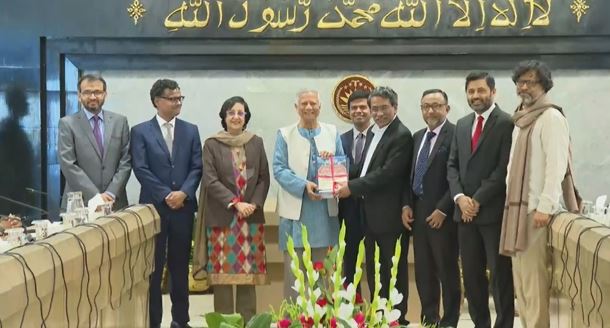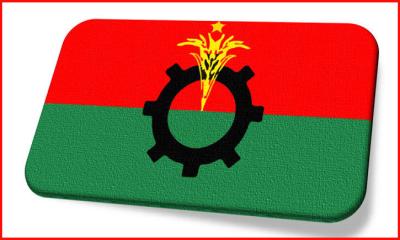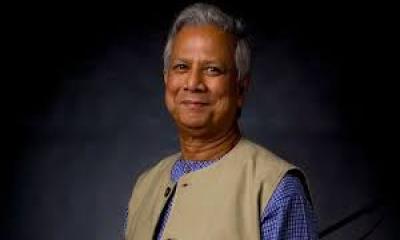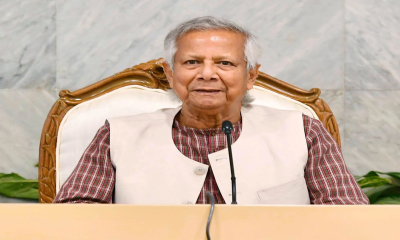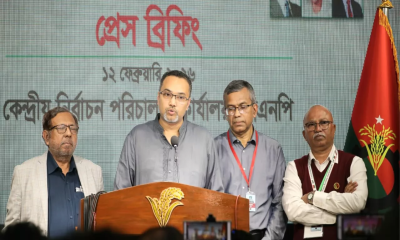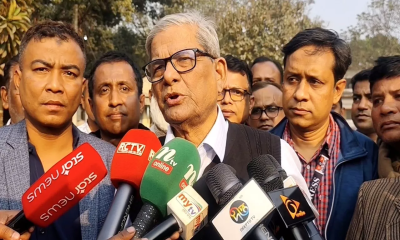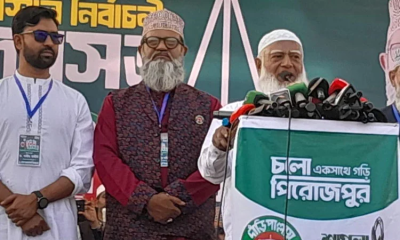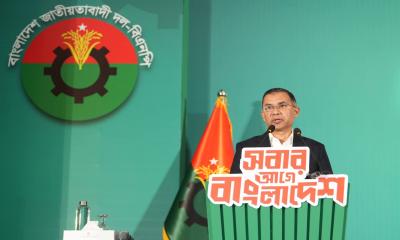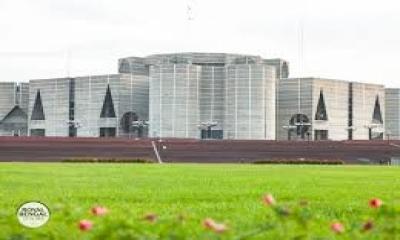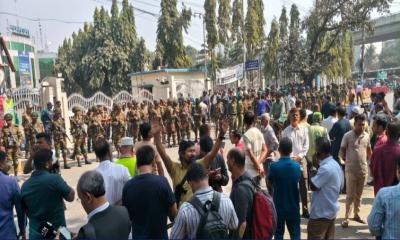The Constitution Reform Commission of Bangladesh submitted its report to the interim government on Wednesday. The report proposes significant changes in the power structure and the nature of parliament.
The commission has recommended five principles as the core values of the state:
- Equality
- Human dignity
- Social Justice
- Pluralism
- Democracy
Previously, following the victory of the 1971 Liberation War, the core principles of the state in the 1972 Constitution were nationalism, socialism, democracy, and secularism.
The commission was formed in August, after the political upheaval, under the leadership of Professor Ali Riaz.
Over the past three months, they gathered opinions from 100,000 citizens, political parties, and various stakeholders.
Proposal to Reduce Prime Minister`s Exclusive Power and Ensure Institutional Balance
To ensure a balance of power, the Constitution Reform Commission has proposed an institutional framework.
In the existing system, the Prime Minister holds exclusive power, which can encourage autocratic governance.
The proposal suggests balancing power among the three branches of the state (legislative, executive, and judiciary) and constitutional institutions, instead of concentrating it between two individuals.
It also includes recommendations to reduce the unilateral decision-making power of the executive head and distribute it within an institutional framework, ensuring impartial recruitment processes and collective decision-making for the national interest.
Proposal to Increase Parliament Seats to 505 with a Bicameral System
Additionally, the commission has proposed a bicameral parliament with 505 seats, where 100 seats will be reserved for women through direct elections.
The proposed parliament would have 400 seats in the lower house and 105 seats in the upper house.
The upper house will implement a proportional representation system based on the vote share of political parties, ensuring representation for minorities and ethnic groups.
According to Professor Ali Riaz, it is necessary to increase the number of parliamentary constituencies in line with the current population.
The balance between the two houses will enhance people`s representation and participation, strengthening democracy.
Article 70: Prime Minister Not to Be Protected
Under Article 70, Members of Parliament are prohibited from voting against party decisions, which limits their freedom of expression.
The reform commission`s report contains clear recommendations on this issue.
It suggests reconsidering the role of Article 70 to create an environment of accountability.
Judiciary: Decentralization, Permanent High Court Benches in Every Division
To ensure justice, the commission has recommended decentralizing the judiciary.
While maintaining the unitary character of the Supreme Court, the commission has proposed establishing permanent High Court benches with full jurisdiction in all divisional cities.
Local Government: Plan to Strengthen Local Government
The local government system has become dependent on the central government, which has limited its effectiveness.
The Constitution Reform Commission has proposed strengthening local government and creating pathways for their participation at the national level.
Previously, four commissions submitted specific recommendations on state reforms to the Chief Advisor of the country`s caretaker government, Dr. Muhammad Yunus.
On Wednesday morning, the Election Reform, Constitution Reform, Police Reform, and Anti-Corruption Commissions submitted their reports to the Chief Advisor`s office in Tejgaon.


